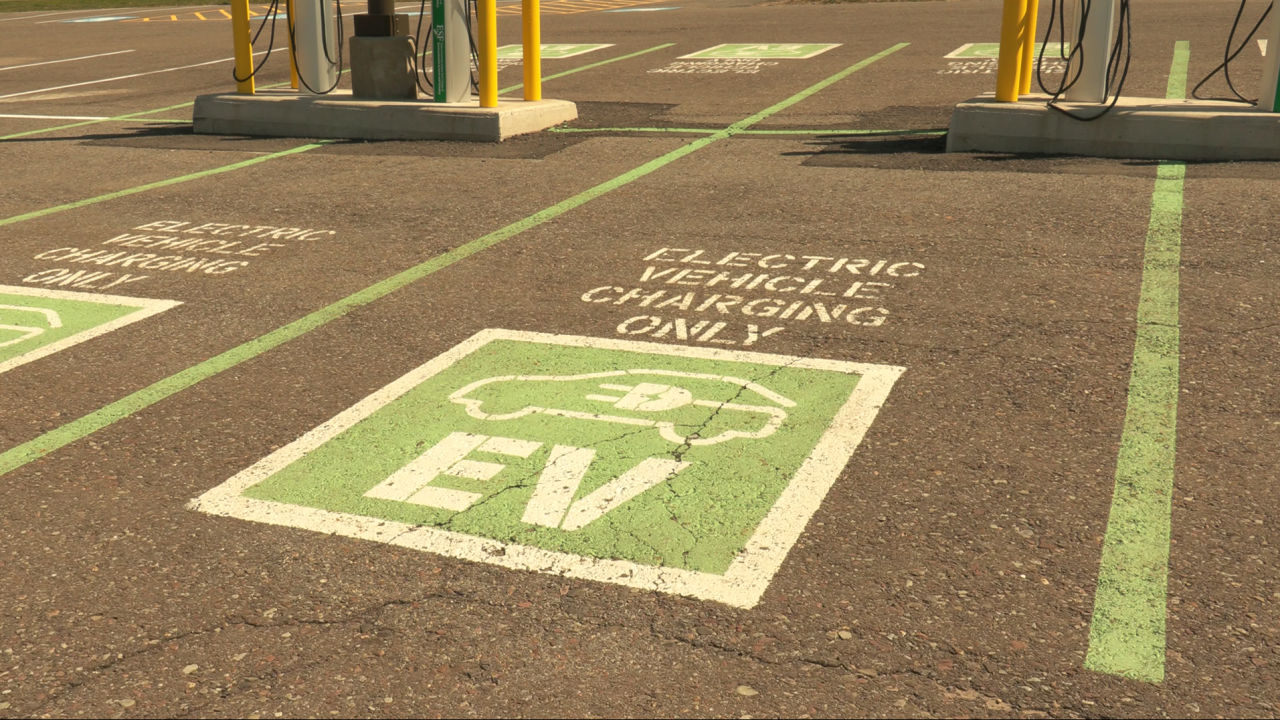
SYRACUSE, N.Y. (NCC NEWS) – The Environmental Protection Agency (EPA) has released a slew of new regulations that all gas-consuming vehicles must abide to, with the objective of fighting climate change.
In an effort to cut greenhouse gas emissions, the EPA has proposed a sales target for new car sales in the United States. By 2030, the EPA wants over half of all car sales in the country to be totally electric, a massive jump from under six percent in 2022. By 2032, the EPA wants that number even higher, at least 64%. Other individual companies, like Ford, have expressed a desire to have half of new car sales be electric by the new decade.
“It’s a dream come true for those of us who know we need to decarbonize our society and certainly our cars and trucks,” Fred Krupp, president of the Environment Defense Fund said.
Transportation pollution is the largest contributor of greenhouse gas emissions in the U.S., and accounts for 27% of all carbon emissions.
However, there are plenty of hurdles that need to be dealt with before EVs are more popular than their internal combustion counterparts. The first will be the demand for charging stations and the demand on the existing electrical grid. In Onondaga County today, there are about 500 charging stations of various types, but many of them are centered in the city of Syracuse itself. Once you get into the suburbs, publically accessible EV chargers are hard to come by. But this is offset by the fact that in-house charging is a possibility.
The second issue is Lithium. The lightest metal on the periodic table is the element of choice for electric car batteries. Right now, over half of the worlds lithium is mined in Australia. The next largest producer is Chile, with 25%. Just like gasoline, it would be far cheaper to mine and refine lithium in the United States, but a number of health and environmental concerns needed to be addressed before it becomes more common on American soil.
Lastly, there is cost. electric cars cost around $11,000 more than gas cars. However, this is expected to go down as American car companies like General Motors start manufacturing its own batteries in factories across the nation.
While the goals set by the EPA may be lofty, they could be necessary in ensuring the health of our planet.




